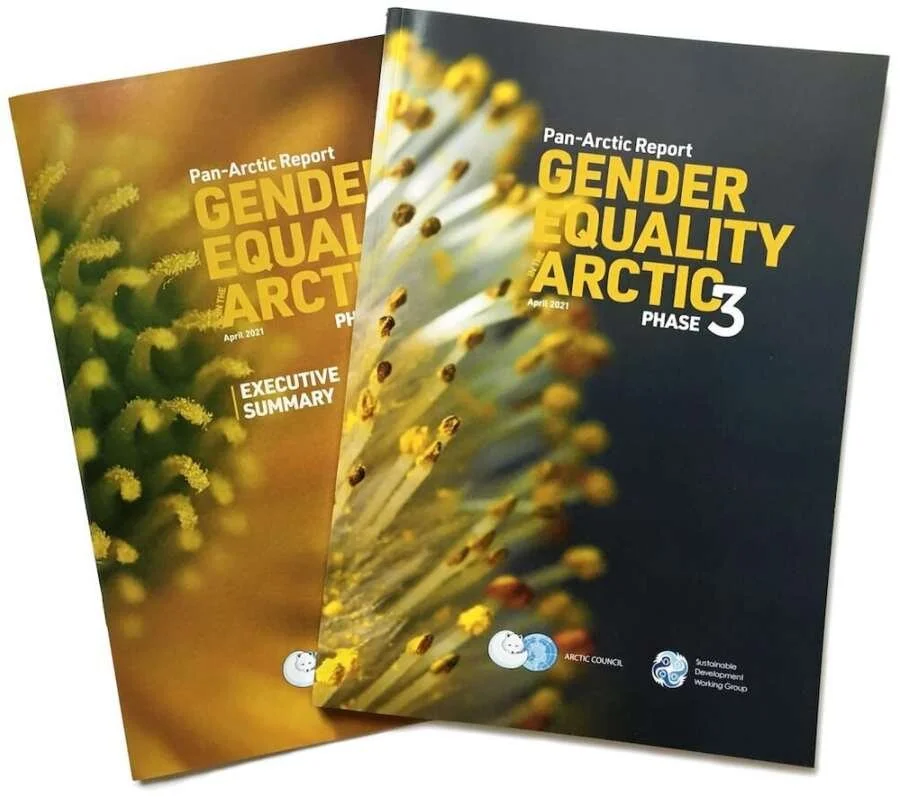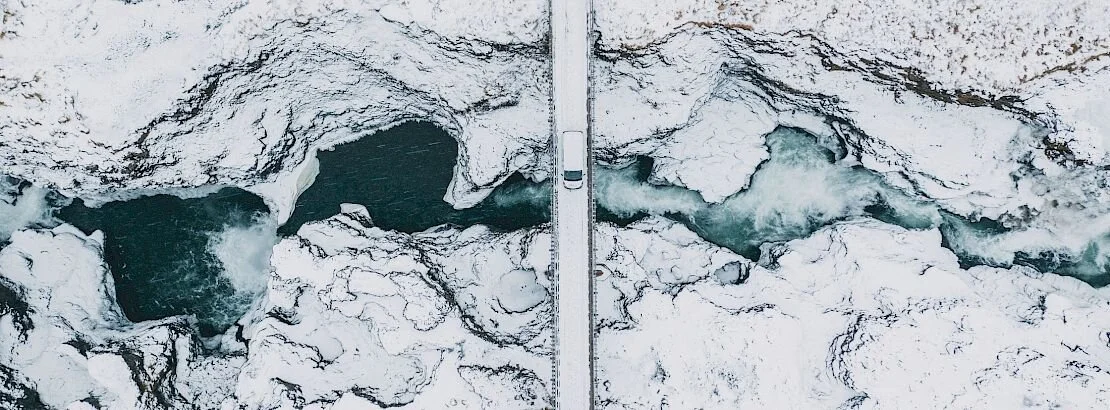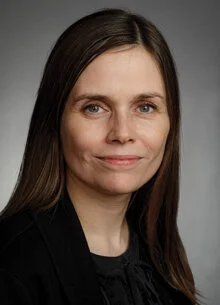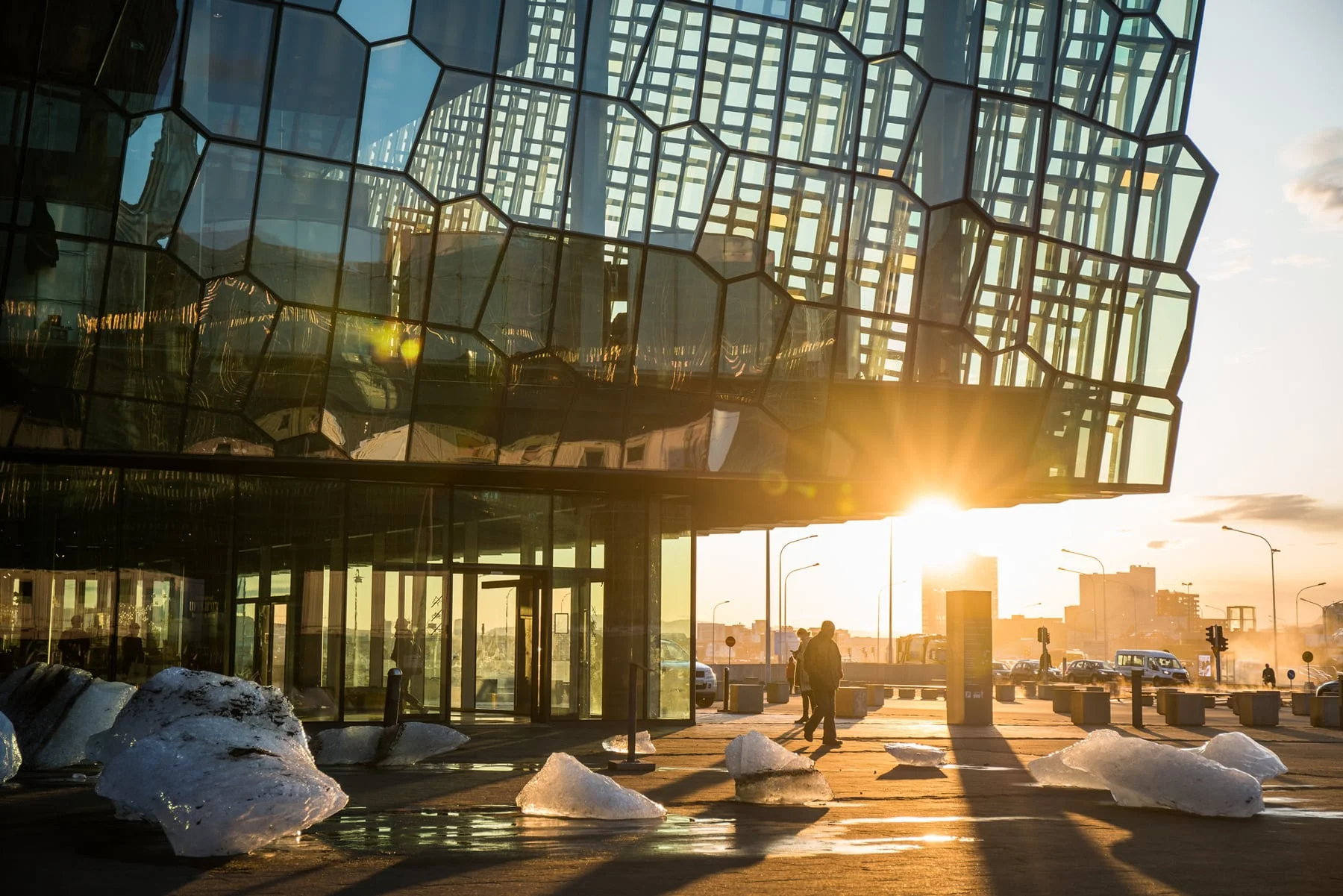An article on the protests of environmentalists, ecologists and Sami reindeer herders against Sweden's 'green transformation'.
Read MoreGunhild Hoogensen Gjørv contributes to milestone report on Gender Equality in the Arctic.
Read MoreThe most vulnerable part of the Russian population that can expect the greatest risk of lifestyle changes under the influence of climate change are the indigenous peoples. The Russian indigenous peoples’ movement represents 40 indigenous peoples.
By Maria Stambler
Read MoreThis year it is time to celebrate the achievements of Europe’s premier business women, to learn from them and to inspire others to follow their outstanding example.
We had the privilege of calling on the keen insights from experts in nine countries – Finland, Sweden, Norway, Iceland, Denmark, Estonia, Latvia, Lithuania and Russia – to single out Northern Europe’s Top 20 Women in Business.
Read MoreAn insightful interviews from the Arctic Council permanent participants on the Impact of COVID-19 on Indigenous Peoples in the Arctic.
Read MoreSustainable development has been at the heart of the Arctic Council’s mandate since the Ottawa Declaration was signed in 1996. We chose sustainable development as the Icelandic Chairmanship program theme because in a rapidly changing world, we see the value in remembering our starting point. Editorial by Einar Gunnarsson, Chair of the Senior Arctic Officials
Read MoreIceland’s prime minister Katrín Jakobsdóttir discusses what gender means for rethinking the economy
Read MoreSweden argues that that even though it has not yet adopted ILO 169, it has many legal protections for its Sámi residents, By Kevin McGwin
Read MoreWhile the world is busy going vegan, microbiologist Aviaja Lyberth Hauptmann insists that a plant-based diet is not the right choice for everyone – at least not in Greenland. She wants us to stop shaming meat eaters and develop a more nuanced view of Arctic food culture. By Martine Lind Krebs
Read MoreA new federal effort targets a related problem — the epidemic of violence against Indigenous women and girls. Will that help curb trafficking?
By Melody Schreiber - November 27, 2019
Read MoreVictims in remote, isolated communities in the Arctic already face limited resources for getting help. The pandemic is poised to make that even harder.
By Melody Schreiber - April 8, 2020
Read MoreGender-based violence happens everywhere, but certain places (like campuses, the military and RCMP) have especially high rates. And certain groups like women with disabilities and Indigenous women and girls face higher rates of violence.
Read MoreIn this interview Pétur Halldórsson, the chair of the Icelandic Youth Environmentalist Association (YEA) describes the organization, gives comments on environmental issues and defines what is the cultural equality.
Read MoreThe purpose of this project is to promote an extensive, policy-relevant dialogue on issues of gender equality in the Arctic region in the context of current realities in terms of economic and social development as well as current and future challenges, inter alia relating to climatic and environmental changes.
Read MoreGEA III took part in a Breakout Session at the 2019 Arctic Circle Assembly in Reykjavík in October. Themes addressed included: law and governance, impacts of cultural change, different notions of equality, lived experiences and diversity, transfer and sharing of knowledge, and the importance of having a gender equality plenary at the 2020 Arctic Circle Assembly.
Read More



![The Impact of Climate Change on Indigenous Peoples Has Received Little Attention in Russia [Article]](https://images.squarespace-cdn.com/content/v1/5b8aa4c90dbda3fc35ed17a0/1614166028352-JOZUFAYTK1DH1Y7MSKOA/Russia.jpg)






![Why human trafficking is a serious — but mostly invisible — problem in Alaska [Article]](https://images.squarespace-cdn.com/content/v1/5b8aa4c90dbda3fc35ed17a0/1588677662610-AXBV67ARLM77L3QNU2SJ/8712203811_c8b67c90ef_k-1920x1440.jpg)
![Why domestic violence in the Arctic could surge with the coronavirus pandemic [Article]](https://images.squarespace-cdn.com/content/v1/5b8aa4c90dbda3fc35ed17a0/1587464036096-CPYDGXXO3M21PQH5Z6Y4/IMG_20161007_115902504-1536x863.jpg)
![True or false? Men and women face violence in their relationships equally [Article]](https://images.squarespace-cdn.com/content/v1/5b8aa4c90dbda3fc35ed17a0/1577027886874-RTGHAQ35L0D1TZHJS6PI/file-20190829-106517-qh07pf.jpg)
![Cultural Equality is Foundational [Article]](https://images.squarespace-cdn.com/content/v1/5b8aa4c90dbda3fc35ed17a0/1575372423749-NHQMQWQ77KMTBSCU2UV0/image-asset.jpeg)

